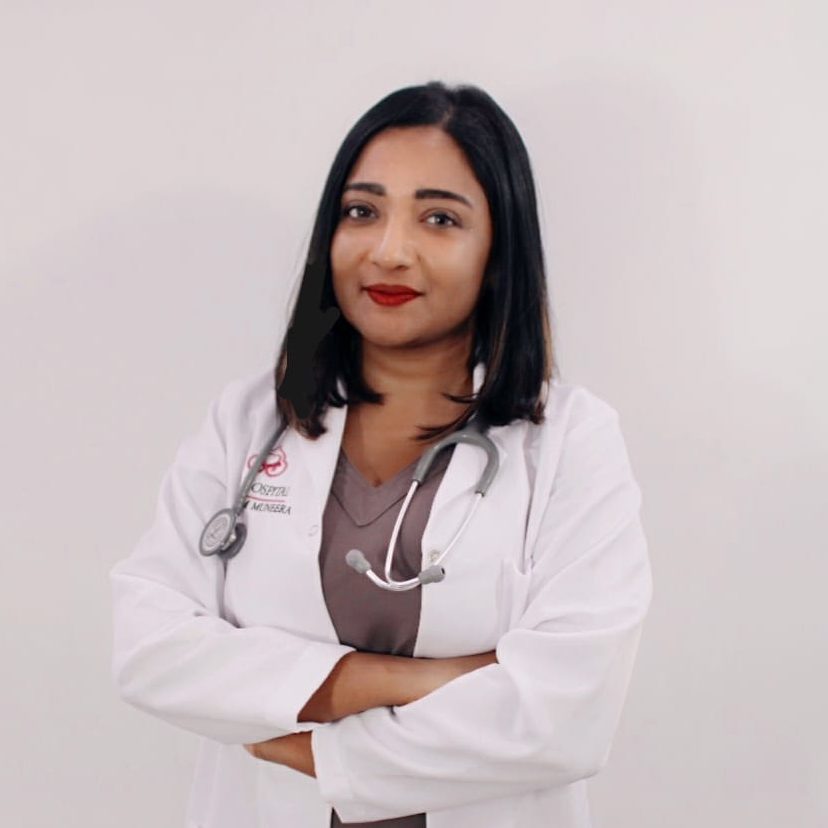Dr. Sirajum Muneera, a young, passionate physician, did her first clinical job with Medi Q as doctor-in-charge for Emirates Field Hospital, Raha, and Bab Al Qasr isolation facilities. Currently, she is working with the NHS, London. She is also pursuing her MSc in Internal Medicine from Royal college of physicians, Edinburgh University. She talks about her experience at the field hospital…

Q. What was your experience of working at field Hospitals?
Covid-19 was an unprecedented crisis. In the beginning, there was a lot of fear among healthcare professionals. I worked at a field hospital in the UAE for around a year and looked after mild to moderate cases. We needed to closely monitor the progress of all the patients as any comorbidities, age, obesity could lead to complications. We used to transfer patients with severe disease to tertiary setups, where they could get multi-disciplinary care.
Q. Do you think nurses were trained enough to handle a public health crisis of this magnitude?
Covid-19 was affecting everyone, irrespective of their age. Every case was different and so was being treated differently. Also, different people were responding to the disease as well as the treatment differently. The disease was new, and we every day we were learning something new about the drugs and therapy we could use in treatment. The nurses were the backbone of the covid care facilitates.
Q. What kind of training programmes do you think could help young doctors/nurses expand their practice?
Covid has made us realise that every nurse and doctor should have hands-on experience of handling critical patients. All nurses should be trained in basic life support, cannulation, management of arterial blood gases, vitals monitoring, etc. They should be able to diagnose warning signals early and provide appropriate care, which could play a critical role in a patient’s life.
A short-term course in critical care or for that matter any other sub-specialty may help in scaling up their knowledge and keeping them one step ahead in the patient care.
